The Italian seasonal workers in Switzerland
Following the Second World War and until 2002, hundreds of thousands of seasonal workers came from Italy to Switzerland, where they were often forced to live under inhumane conditions. A photo exhibit in St Gallen focuses on their daily life. Immigrants from Switzerland's southern neighbour still make up the largest diaspora in Switzerland.
During the economic boom that followed the Second World War, there was a labour shortage in Switzerland. A decision was made to recruit foreign workers, and in 1948 Switzerland signed a recruitment contract with Italy. Switzerland’s goal was clear: increase the number of workers without allowing them to settle permanently.
The regulations were tough: the seasonal workers were allowed to stay in Switzerland a maximum of nine months, they were prohibited from claiming social benefits, and they weren’t allowed to bring their families with them. The Italian immigrant workers (later there were workers from Spain and Portugal as well) had to live in makeshift barracks on the edges of society.
In spite of the fact that their economic contribution was essential, the stream of foreign workers caused resentment, and in the 1960s and 1970s intolerance led to a variety of xenophobic initiatives.
Special attention was paid to the Italians, partly because they were the largest group. Whereas in 1950 they numbered around 140,000, 20 years later the total had climbed to 600,000.
The strong Italian presence led to the formation of schools, associations and clubs. Although many of the migrants returned to their home country during the year, a large number remained in Switzerland.
Today the more than 300,000 Italians in Switzerland constitute the largest foreign community. Whereas previously most of the immigrants were labourers, today it is mainly university graduates in search of a better life in Switzerland.
The photos displayed in St Gallen’s Museum of History and EthnologyExternal link were taken in canton St Gallen in the 1970s and 1980s by Raniero Fratini, a journalist with the Italian-language Swiss public radio service RSI.
(Photos: Raniero Fratini; Text: Stefania Summermatter)
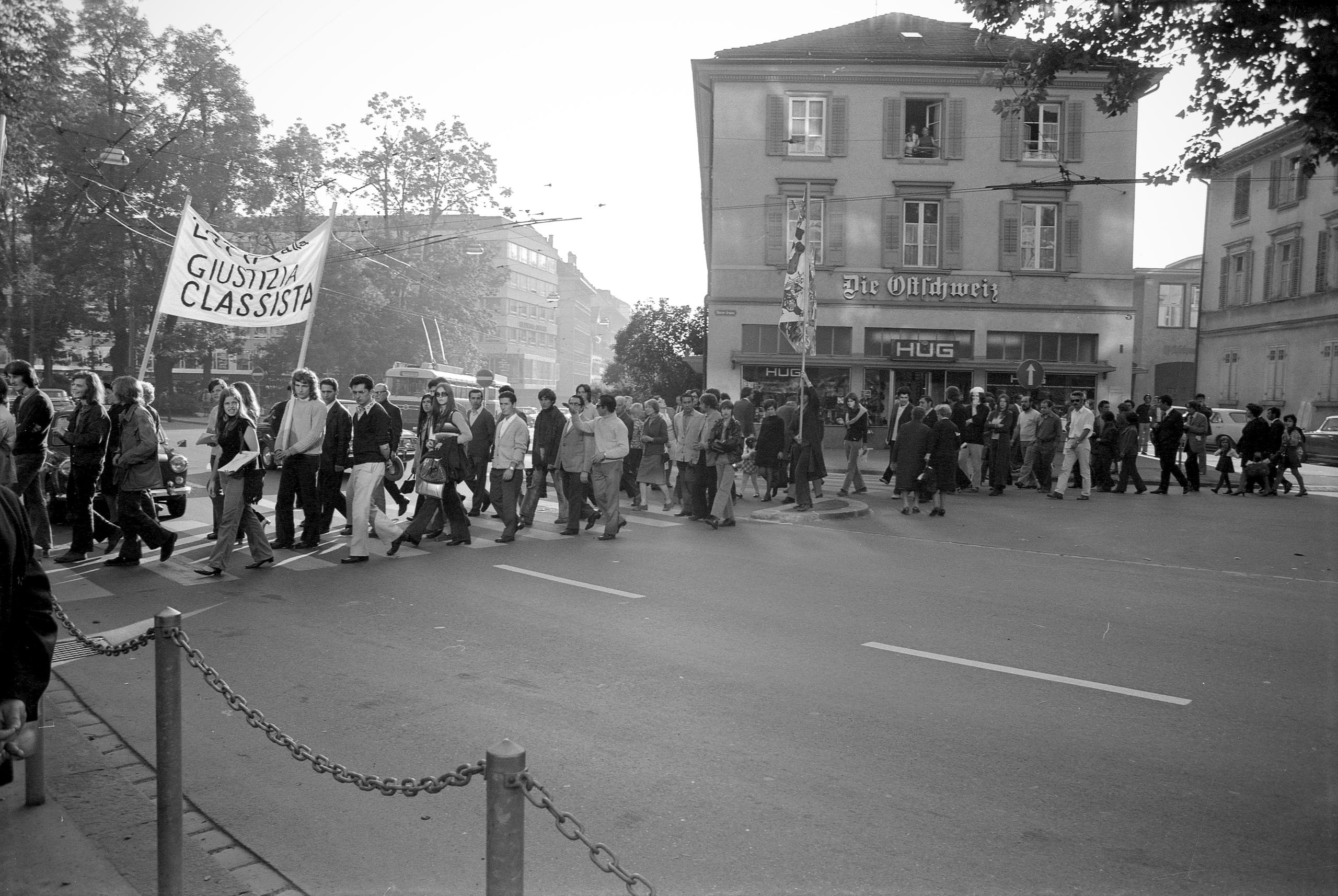
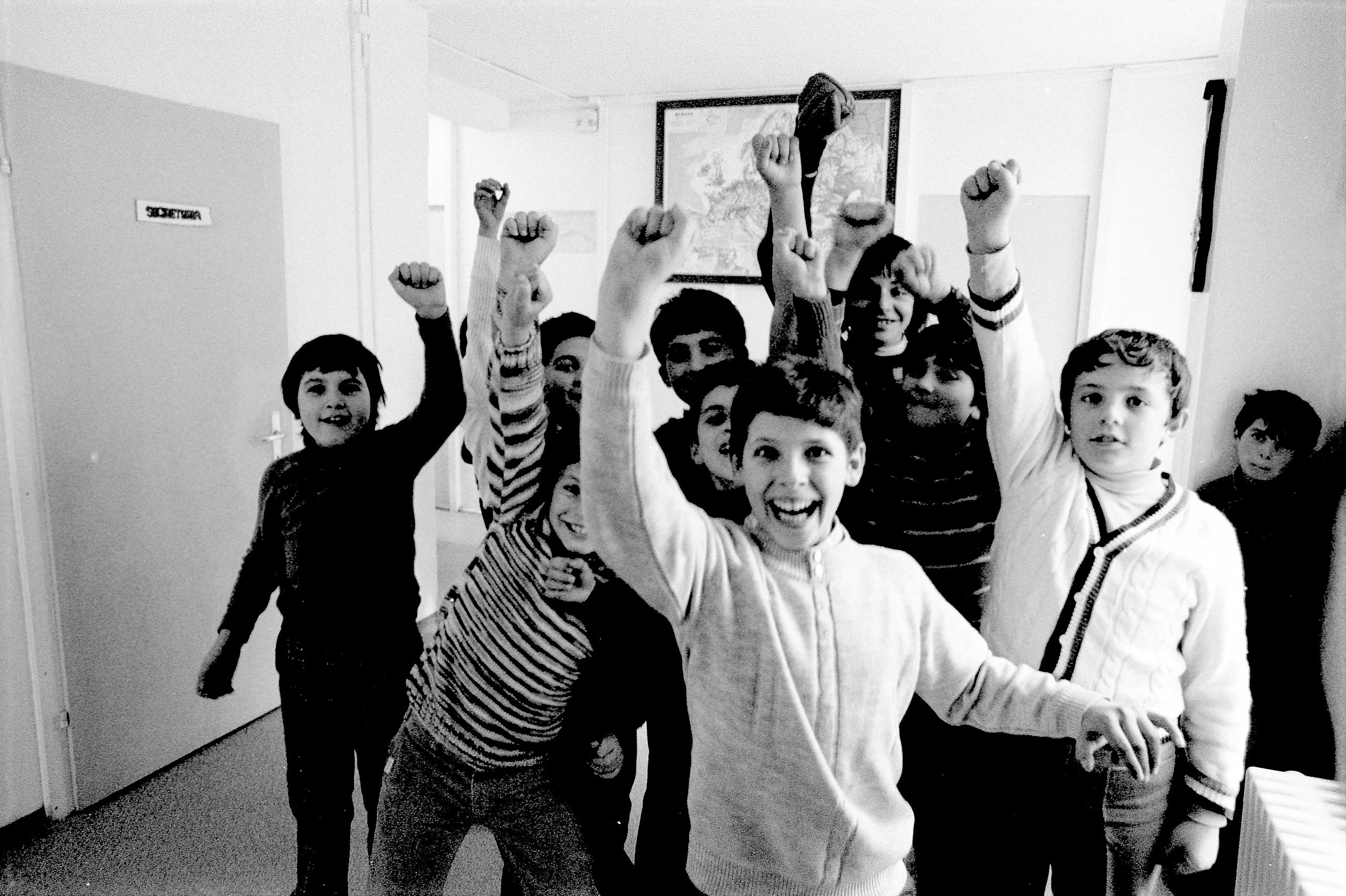
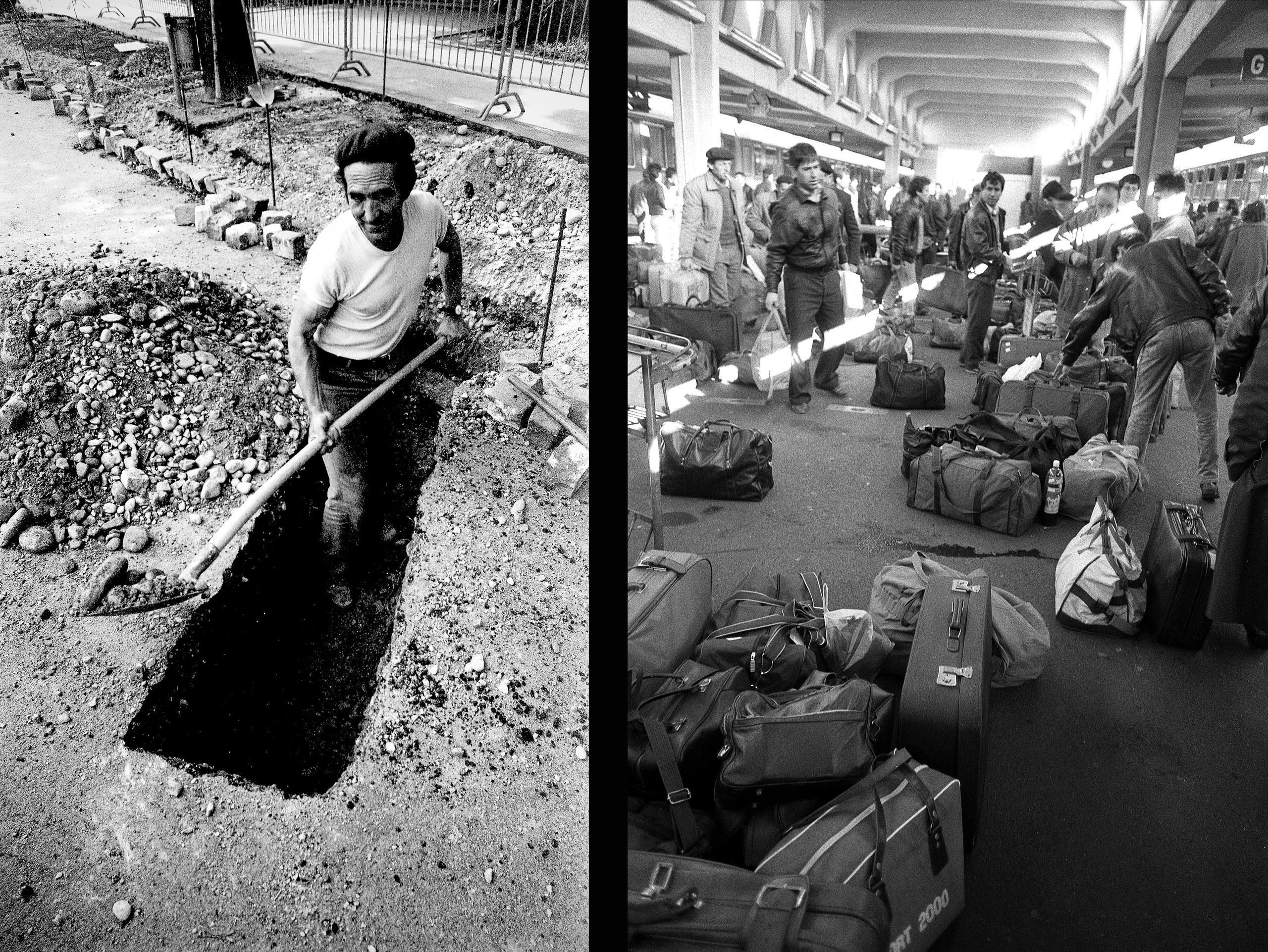
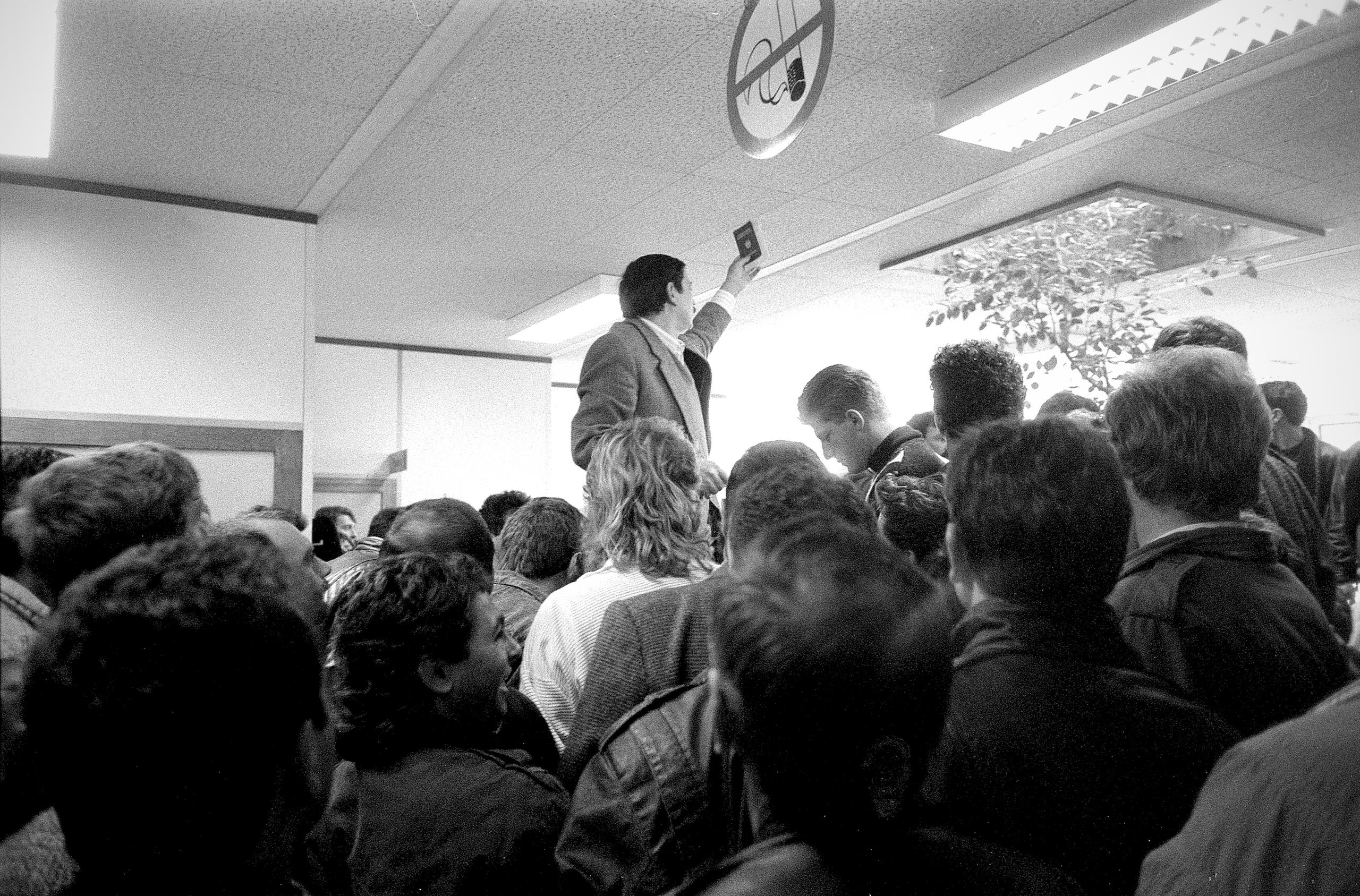
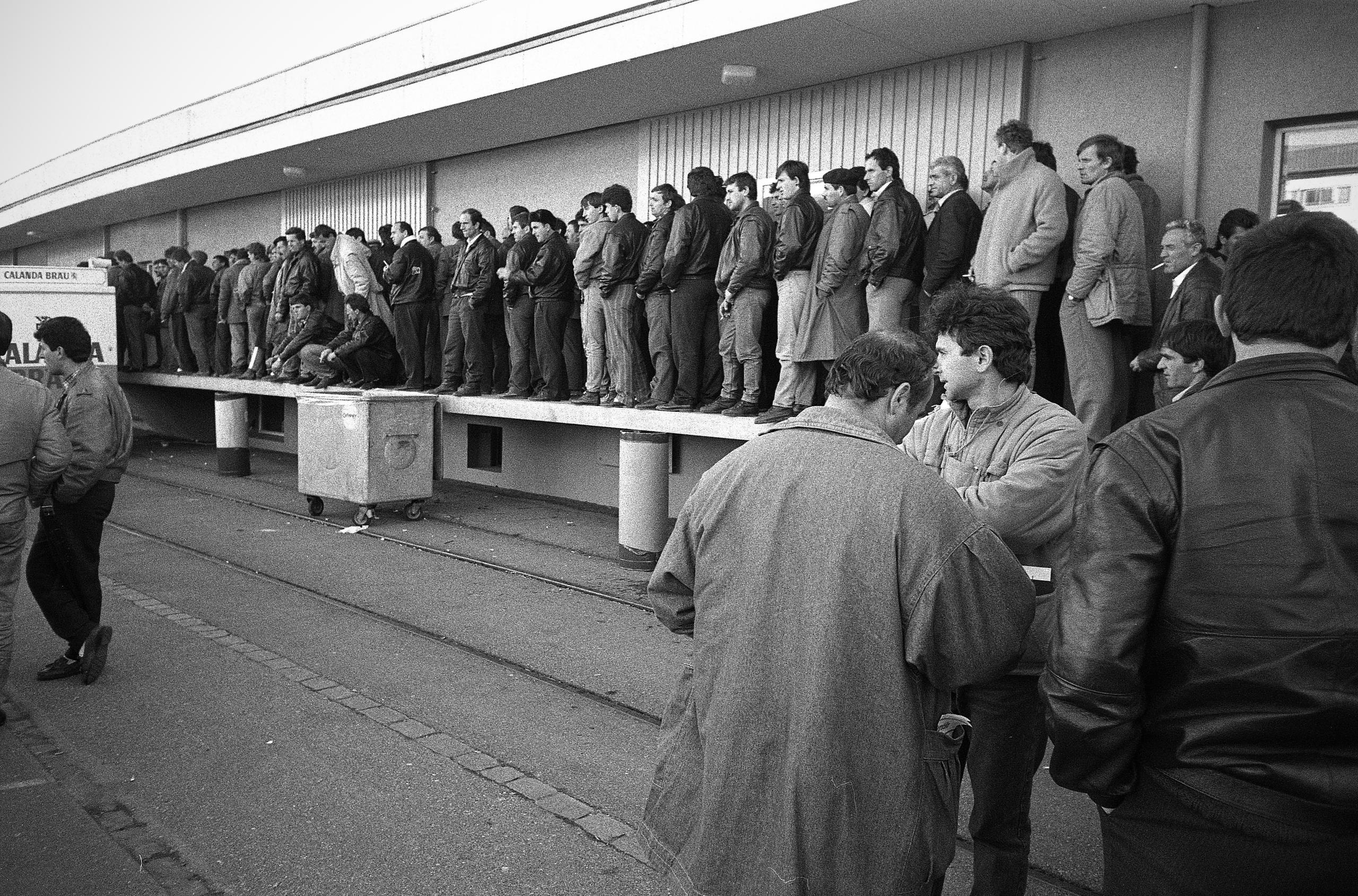
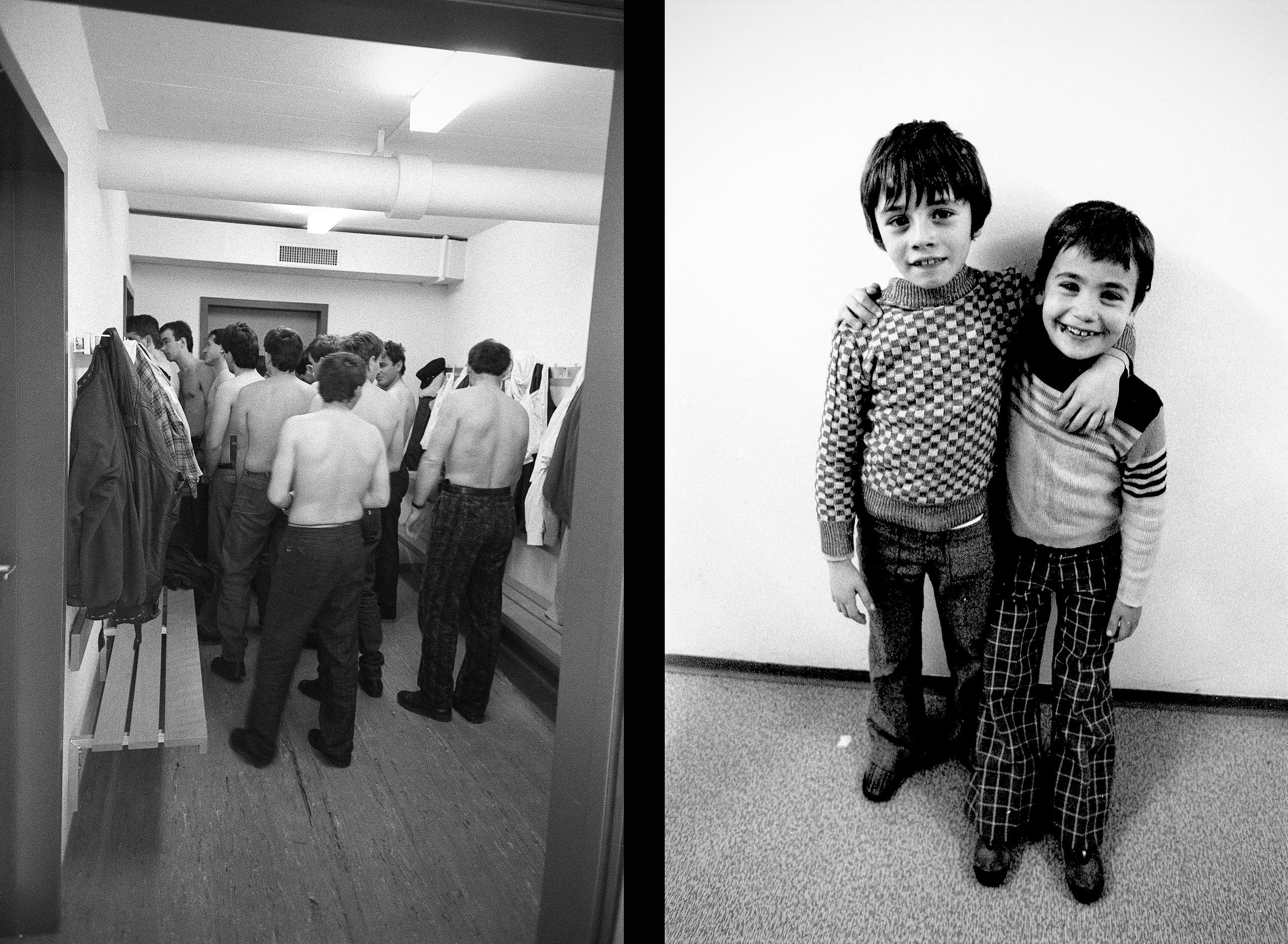
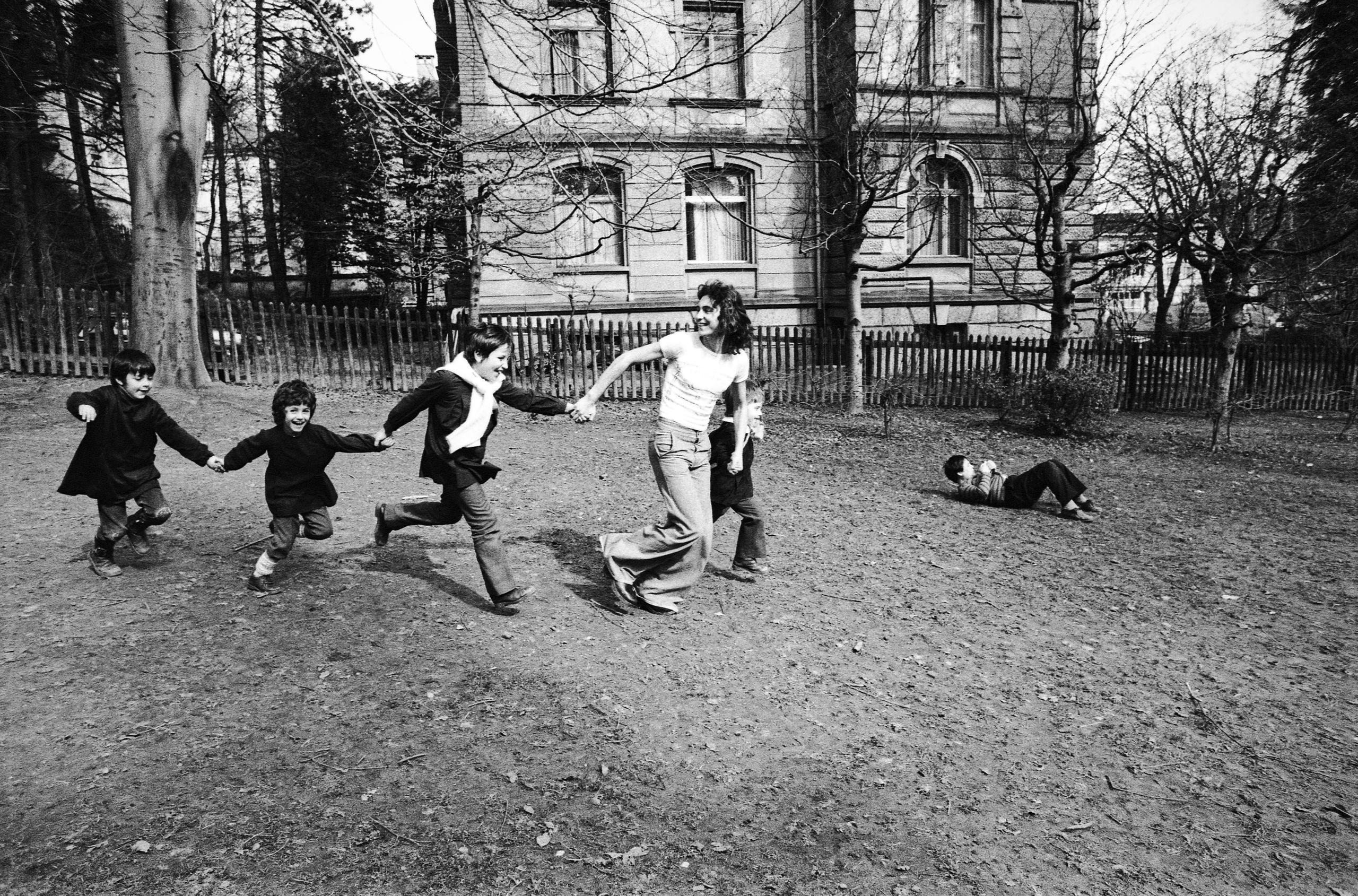
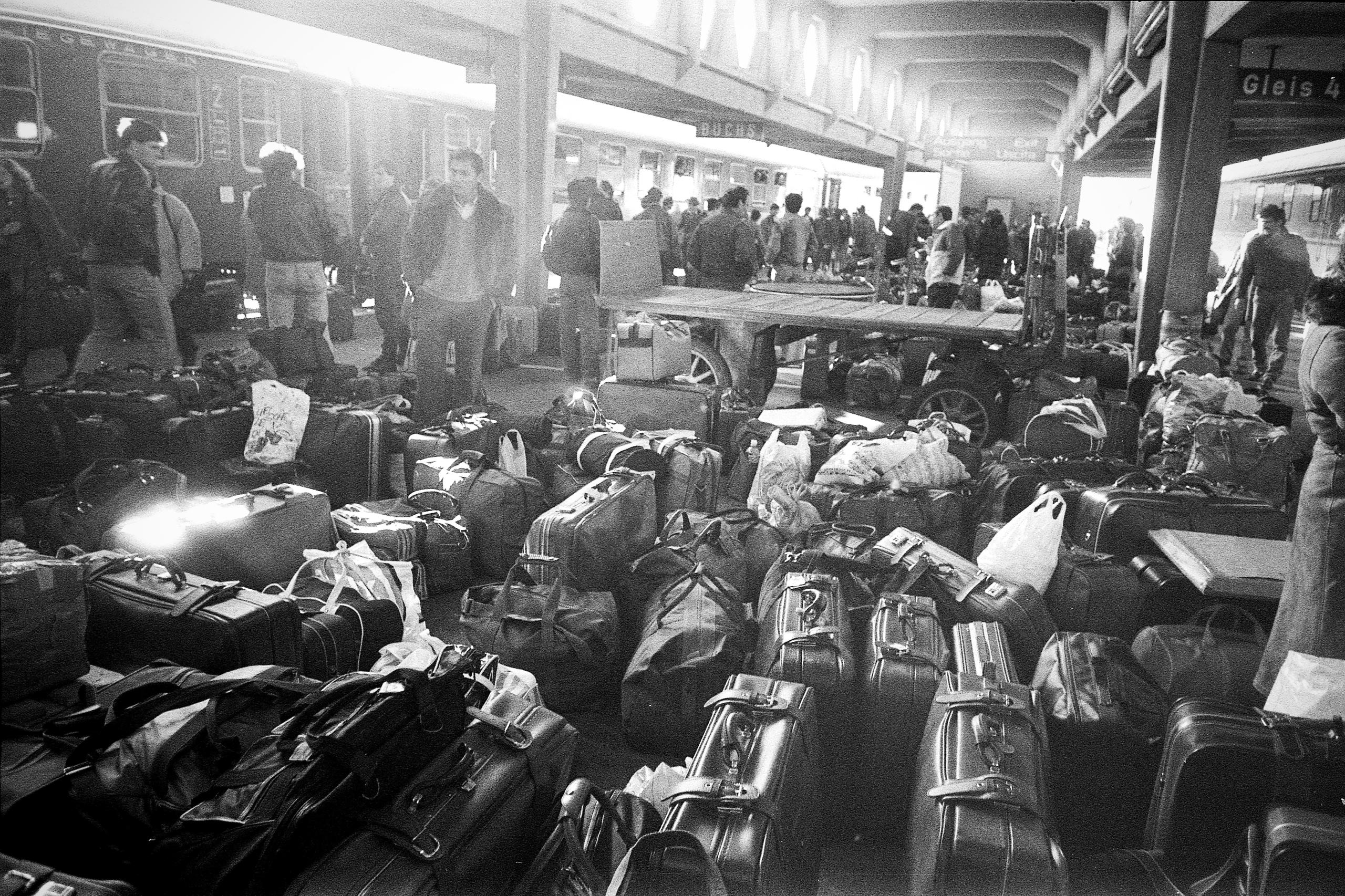
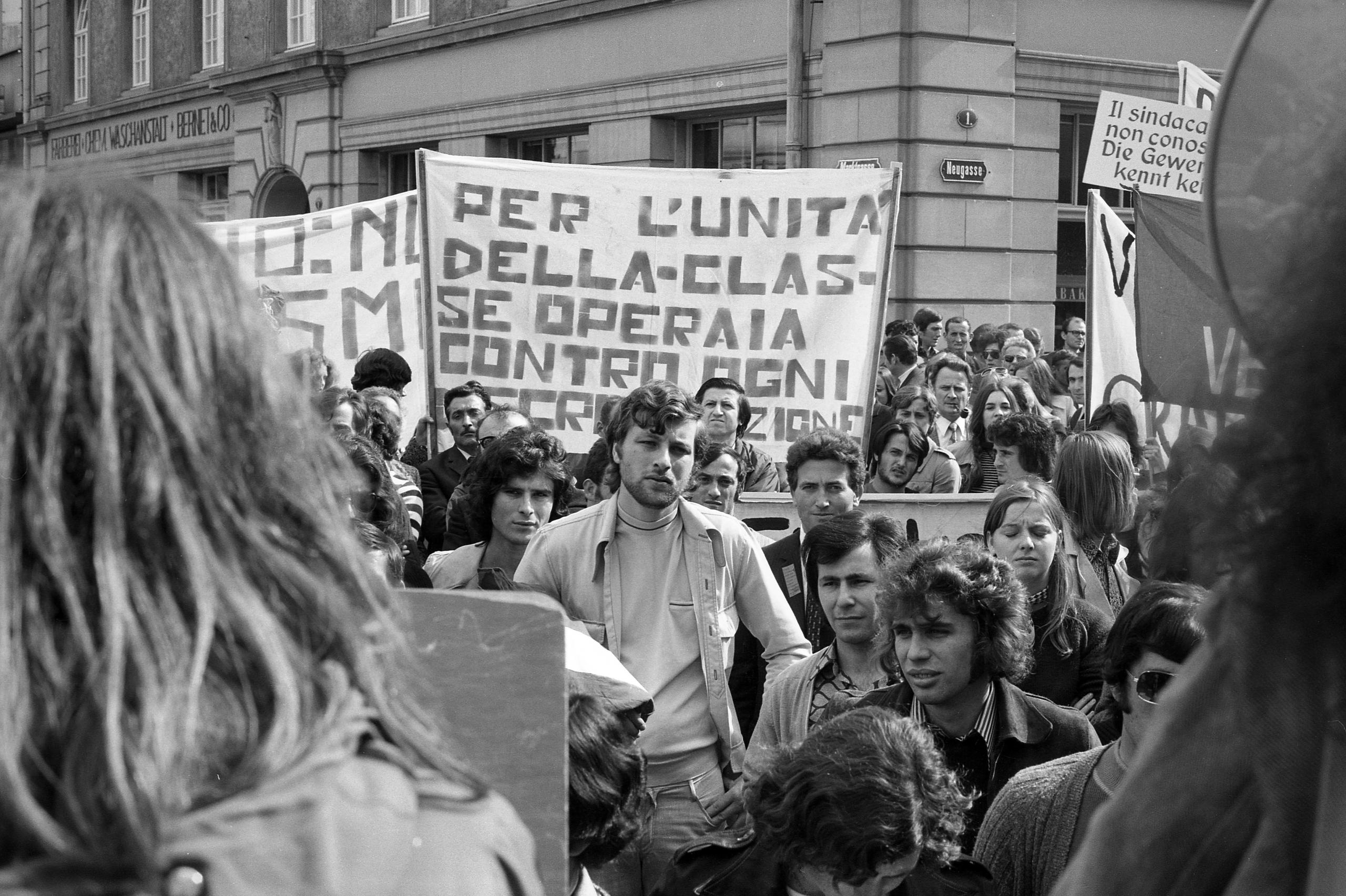
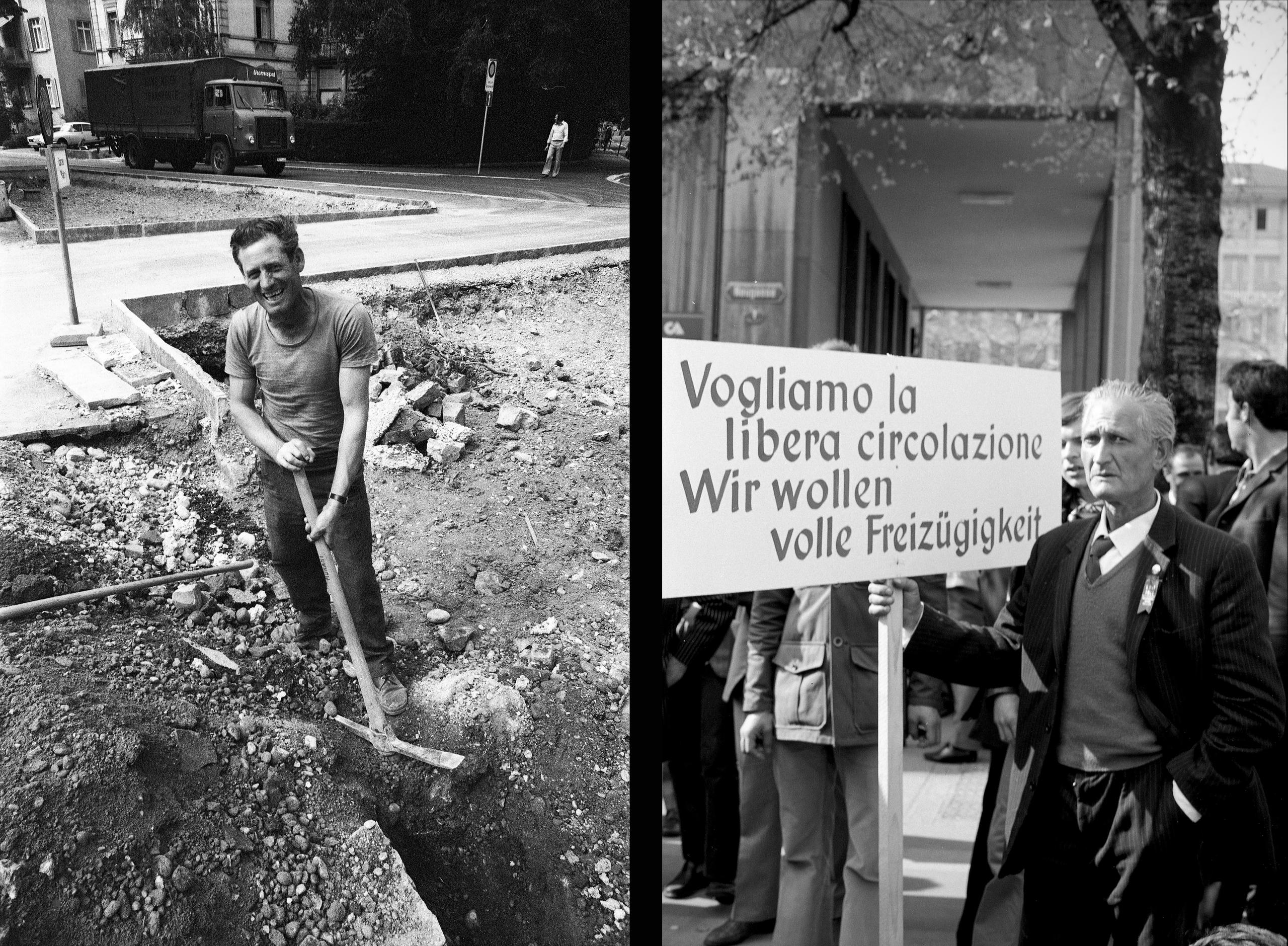
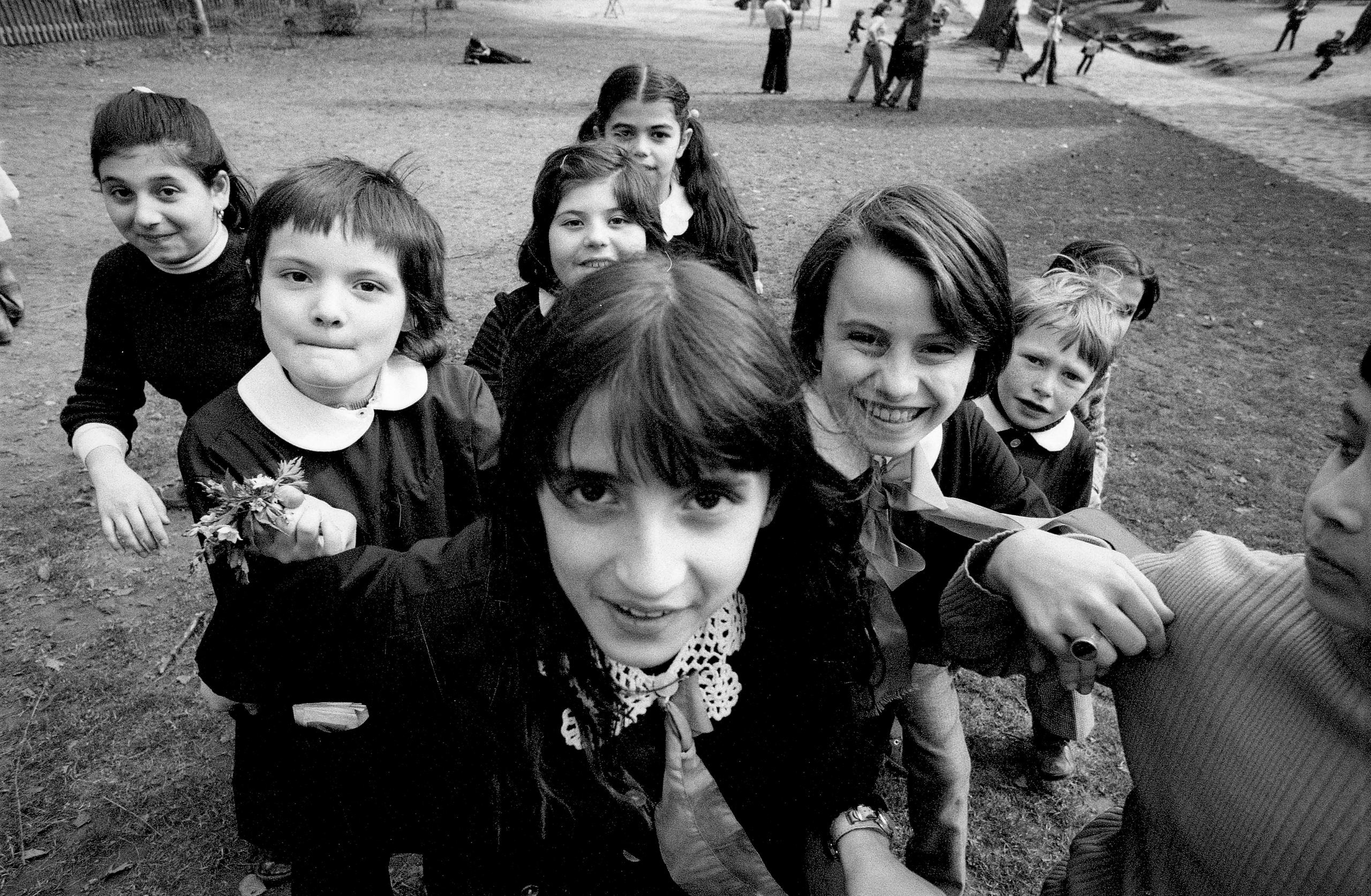
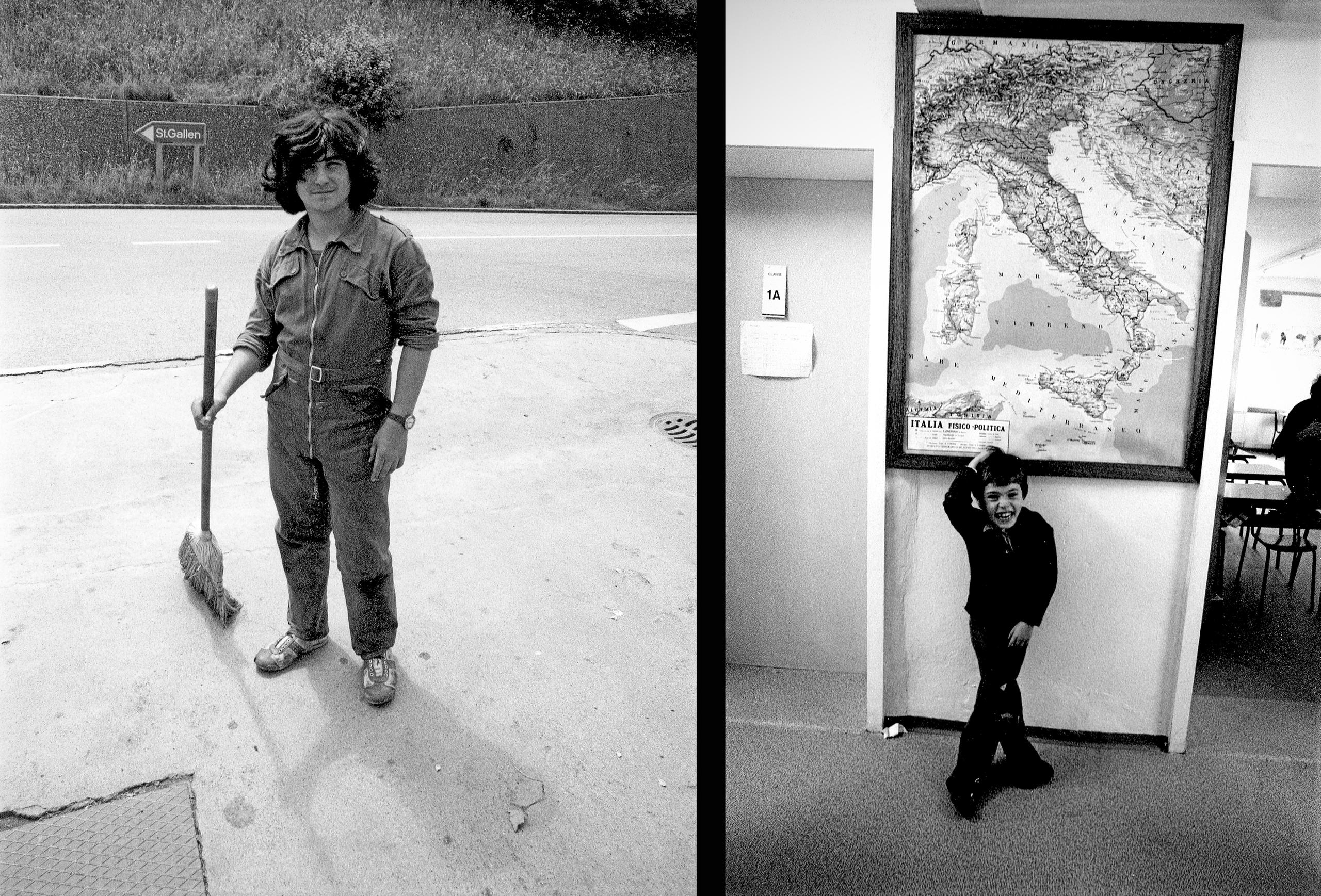
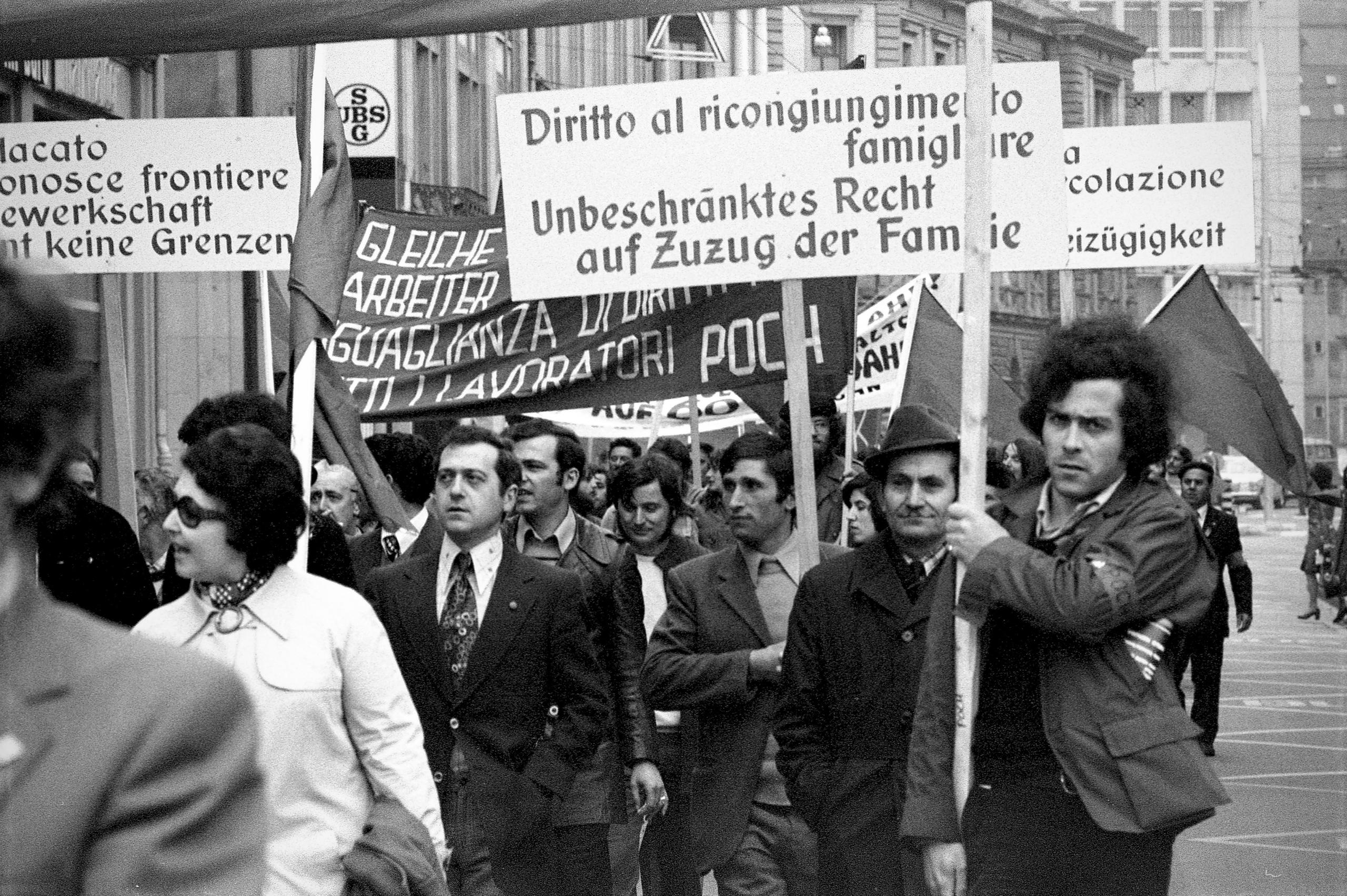

You can find an overview of ongoing debates with our journalists here . Please join us!
If you want to start a conversation about a topic raised in this article or want to report factual errors, email us at english@swissinfo.ch.